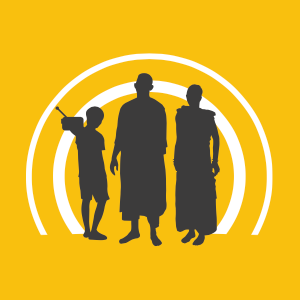In South Sudan, the use of identity politics has become a potent tool as the election approaches.
The recent endorsement of President Salva Kiir, both in Juba and beyond, has highlighted the pervasive influence of identity politics in the political sphere, forcing the people of South Sudan to take notice.
Identity politics is gaining momentum in South Sudan, particularly during election season, resulting in significant shifts in community and national politics.
During the 2024 general election in South Sudan, the diverse ethnic and cultural backgrounds of religious leaders have led to divisions along political and tribal lines within churches.
The SPLM/A is transitioning into a political party that is influenced by communities or states, rather than by citizens who have individual choices and opinions on political matters. This dynamic underscores ethnic and tribal divisions, thus impacting the political landscape in South Sudan.
The controversial endorsement of President Kiir’s candidacy has had a profound effect on the cultural, tribal, and ethnic diversity within the SPLM/A. This strategic move aims to secure power for generations to come in South Sudan.
Political representation was never equal throughout the South Sudan liberation struggle in the bush and post-independence. Only a select few elites enjoyed advantages over others, thereby preventing equitable power-sharing among different communities in South Sudan.
Political marginalization continues to be a pressing issue in the pursuit of justice, particularly concerning elections and political representation. It is not comparable to other countries where power is shared more evenly.
The politics of identity will hinder voters from making democratic decisions during elections, as they will be misguided by politicians from their communities who are not genuine leaders.
Emmanuel Malual Makuach is a South Sudanese journalist and researcher focusing on the impact of social media triggers in the conflicts of 2013 and 2016 in South Sudan. Contact him at malualmakuach77@gmail.com
The views expressed in ‘opinion’ articles published by Radio Tamazuj are solely those of the writer. The veracity of any claims made is the responsibility of the author, not Radio Tamazuj.





 and then
and then